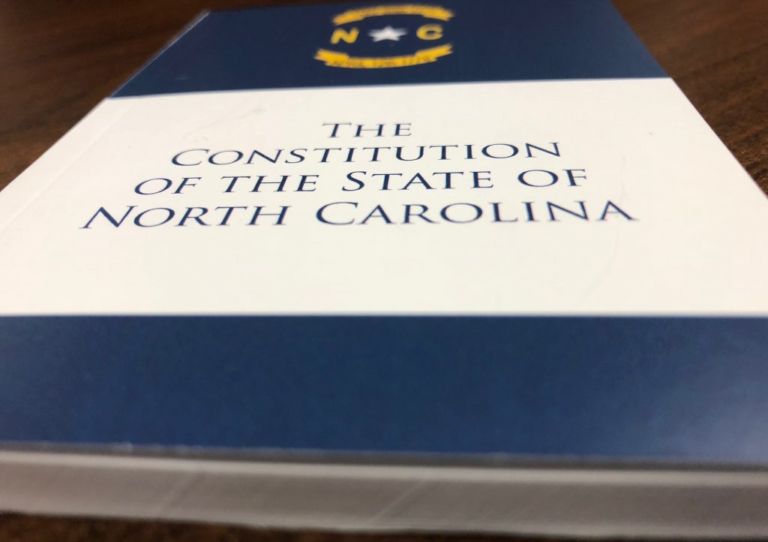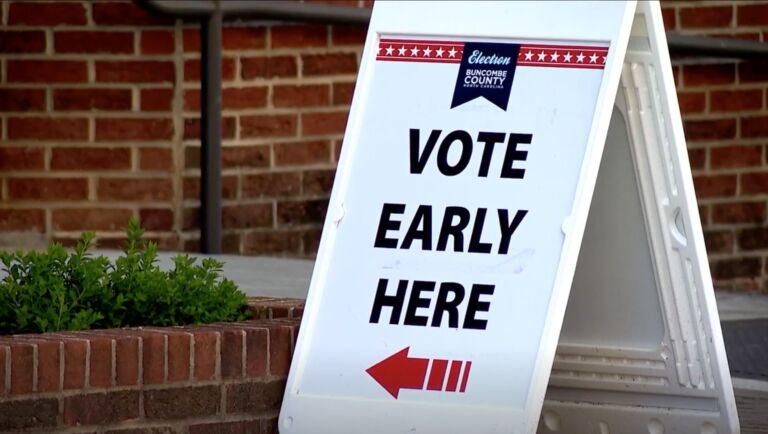The latest issue of Bloomberg Businessweek highlights an interesting political development from the Left Coast.
Dino Cortopassi, a farmer outside Stockton, Calif., watched as the Central Valley city loaded up on debt for such amenities as a riverfront ballpark, only to slash services as the economy went into free fall. In 2012, Stockton declared bankruptcy, citing pension and other debt obligations, including municipal bonds. That spurred Cortopassi to write the No Blank Checks Initiative, a ballot measure that would require voter approval for many revenue bond issues exceeding $2 billion.
The initiative has been certified for the November 2016 ballot, and Cortopassi has pledged $4 million of his own money to promote it. “This is an effort to halt California’s rush into deeper and deeper debt,” says Cortopassi, 78, who co-owns Stanislaus Food Products, one of the largest tomato packers in the state. “It is to instill some discipline in a totally undisciplined feeding off the public trough.”
Cortopassi’s campaign against profligacy comes as public finances are reviving in California. In July, Standard & Poor’s raised the state’s bond grade to AA– from A+, the highest in 14 years, rewarding Governor Jerry Brown’s moves to use windfall tax revenue to pay off debt and bolster savings.
California voters already have to approve general obligation debt, which is backed by taxpayers. Revenue bonds are repaid through money generated by the projects being financed, such as tolls on roads or fees from water customers. California and local agencies have sold $310 billion of the securities since 2008. Brown has proposed using revenue bonds to pay for two $15 billion tunnels under the Sacramento-San Joaquin Delta, where Cortopassi’s operations are located, to funnel water from the Sacramento River to the parched southern half of the state.
It’s never a bad idea to require a public vote when government wants to increase public debt. It’s an important concept North Carolina shunned in the not-too-distant past.


